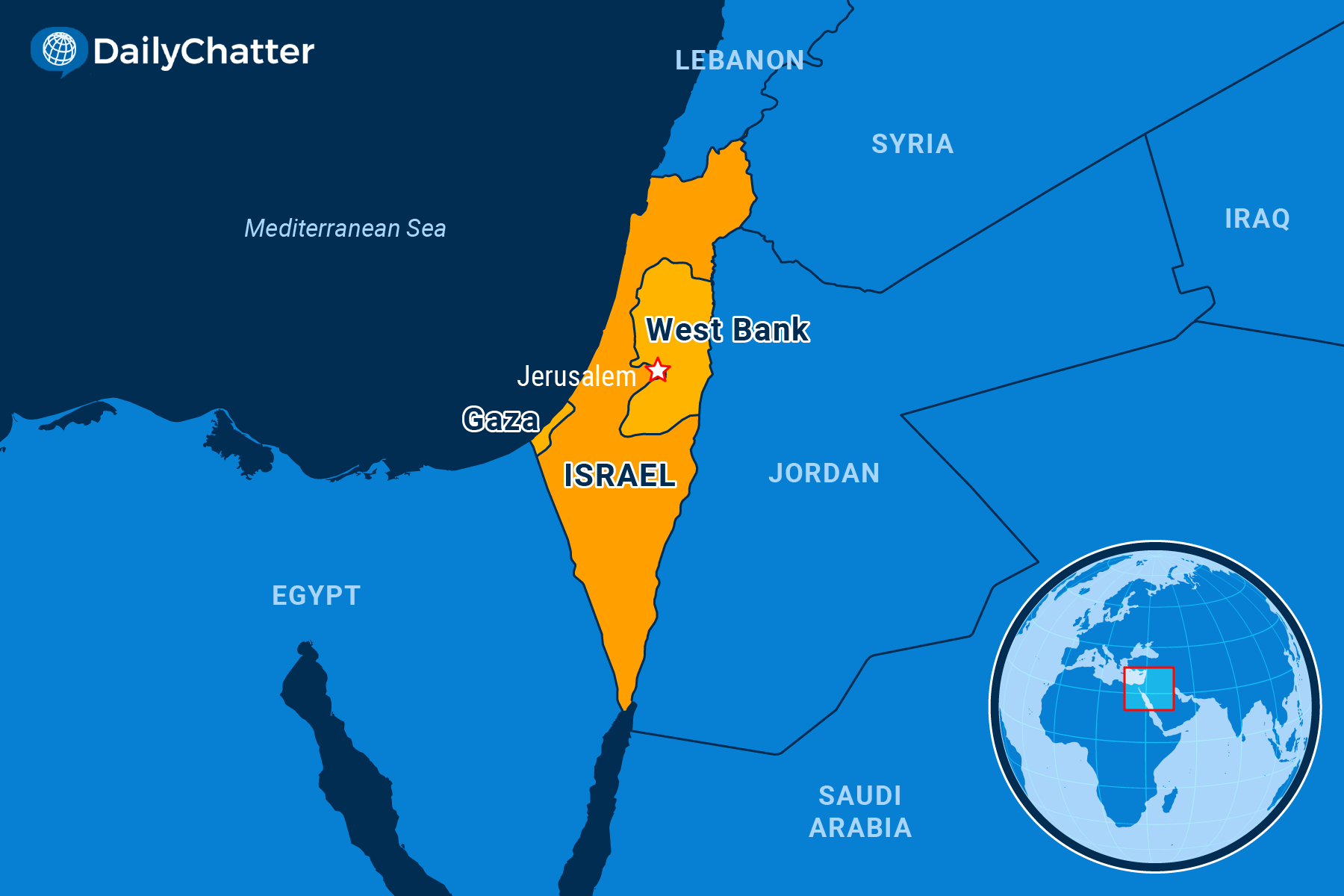The Before and the After

No matter what one thinks of the plight of the Palestinians who have suffered mightily for years under Israeli occupation, the atrocities that have come to light in the wake of Hamas’ attack on Israel on Oct. 7 will go down in the long, tragic history of violence against Jews, argued the Economist.
“Hamas has chosen mass murder and there is no going back,” the British magazine wrote, referring to the Palestinian terrorist group that controls the Gaza Strip.
In addition to raining missiles down on Israel, Hamas used bulldozers to break through the Gaza-Israel border fence, and then massacred unwitting families in scenes that evoked Nazi atrocities in the Holocaust and Russian pogroms.
“The terrorists went from house to house, systematically murdering families, killing parents in front of their children and taking hostages, even babies and grandmothers,” wrote Hebrew University of Jerusalem historian Yuval Noah Harari in the Washington Post.
Hamas is responsible for these horrors. But many Israelis and others are also now angry about their government’s intelligence, deterrence, and security lapses before the attacks.
One could blame Israeli hubris – thinking they could ignore the plight of Palestinians in Gaza living in poverty under the government of terrorists – as the reason why the Israeli government failed to avert the attacks, Harari reasoned. But he and Wall Street Journal columnist William Galston believe Israeli Prime Minister Benjamin Netanyahu is culpable, too.
“There is commentary, even in centrist or slightly right-wing newspapers, that has said this is certainly the worst government that Israel has had and that it has damaged national security,” Clive Jones, professor of regional security at the University of Durham, told France24.
Ironically, added the Wall Street Journal, Netanyahu always claimed that security was his strong suit.
Vowing to wipe Hamas off the face of the Earth, he has ordered a massive counterattack against Hamas, reported Reuters. Now many Israelis don’t know whether to rally behind Netanyahu or punish him, reported NBC News. They are wondering whether accountability can wait until the threat has passed. Many, even opponents, say that is necessary, though.
Netanyahu is the longest-tenured prime minister in the country’s history. He is also currently on trial for bribery, fraud and breach of trust charges, the New York Times explained. He has denied all the charges. Politico wondered if he might use the crisis to fashion a new centrist coalition that would be more stable than the government of right-wing figures that he assembled late last year, and that is now partially being blamed for the calamity that occurred last week.
He has already moved to create a unity government with his most powerful rival, former military Chief of Staff Benny Gantz and his National Unity party, while marginalizing the two most right-wing members of the government, Bezalel Smotrich and Itamar Ben Gvir.
Bibi, as the prime minister is known, is a survivor, as he has amply demonstrated in numerous elections.
Still, even with the significant concessions he has already made, many doubt he can survive this, or should.

Subscribe today and GlobalPost will be in your inbox the next weekday morning
Join us today and pay only $32.95 for an annual subscription, or less than $3 a month for our unique insights into crucial developments on the world stage. It’s by far the best investment you can make to expand your knowledge of the world.
And you get a free two-week trial with no obligation to continue.
